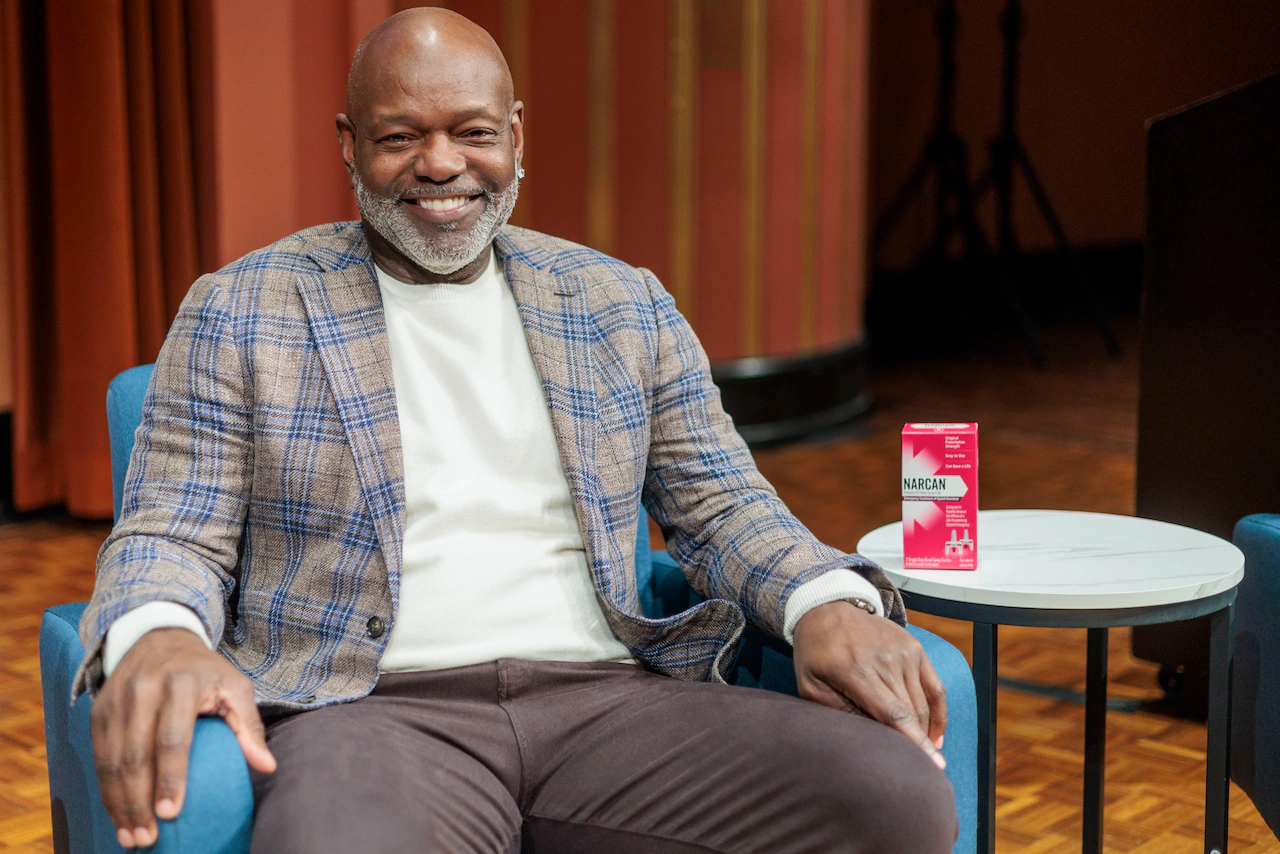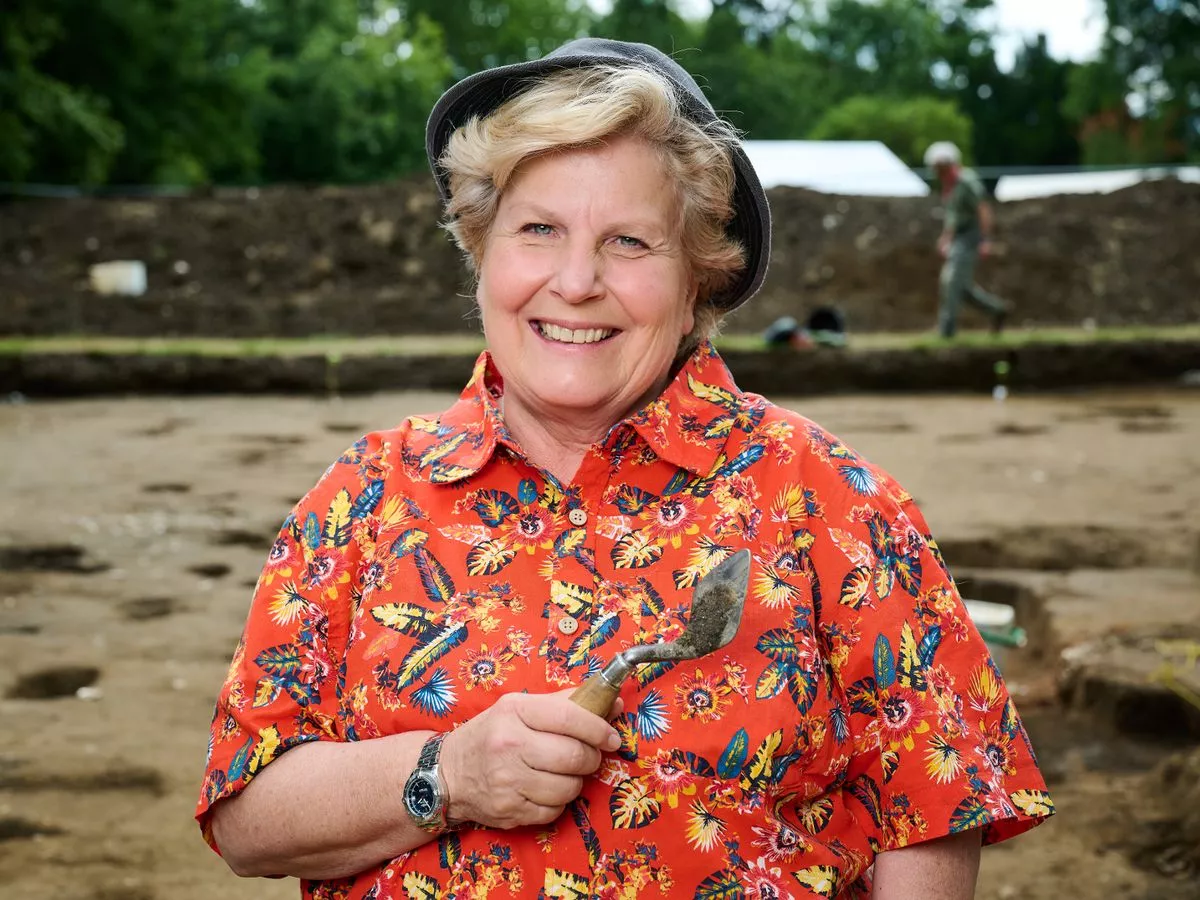Copyright M Live Michigan

ANN ARBOR, MI – The most successful running back in NFL history came to Ann Arbor Tuesday to spread awareness of the dangers posed by the opioid epidemic. Legendary hall of famer Emmitt Smith, who holds the league record in both rushing yards and rushing touchdowns, spoke at Rackham Auditorium Tuesday alongside Zac Clark, a former contestant on The Bachelorette who founded East Coast-based addiction treatment center Release Recovery. They shared their personal experiences, touted the use of Narcan, which reverses the effect of an opioid overdose, and encouraged young people to seek assistance. “It’s very hard for a 20 year old to put their hand up and say ‘I need help,’” Clark said. “For the kids out there, just put your hand out, be vulnerable.” Chad Brummett, co-director of the University of Michigan’s Opioid Research Institute, interviewed the pair onstage with Shravya Ghantasala, co-president of student organization The Lookout Project. The four discussed the danger posed by opioid abuse — the National Institutes of Health ranks opioid overdose as the leading cause of death among Americans aged 18 to 45. Both Clark and Smith are spokespeople for what is known generically as naloxone. A video identified purple lips, dilated eyes and non-responsiveness as signs of opioid overdose, and Smith repeated the mantra “Lay, Spray and Stay,” instructing guests to lay affected people on their backs, spray naloxone in their nostrils, call 911 and stay with them until emergency services arrive. Clark spoke candidly about his experience recovering from heroin addiction. “I was putting a needle in my arm four, five, six times a day,” he said. “I would be dead, without a shadow of a doubt, if fentanyl was in the open market when I was using drugs back in 2011 and 2010. I wouldn’t be here.” Smith recalled losing his sister-in-law to opioid overdose after cancer treatment and Dallas Cowboys teammate Mark Tuinei, who took heroin and ecstasy and died of an overdose in 1999. “He was my left tackle... we were both injured, and we were both leaning on each other,” he said. “Narcan wasn’t around back in the late 90s, but it’s around now.” Smith recalled the pressures of being a student athlete and the struggles he had with injuries, pain and health care during his illustrious 15-year career in the NFL. “I’m not exempt, myself,” Smith said. “It’s not about the drugs, it’s about the experiences that I’ve had in life when I lost someone who was close to me.” The current generation’s understanding of how to save a life with Narcan is evolving, Clark said, but more work needs to be done. “I would say if I talked to 30 students today, 25 of them were aware of what Narcan was, how to use it. Which is a far cry from where we were 5 years ago,” he said. “The hope is that when they’re my age, it’s just like a fire extinguisher, just like an airbag or a condom.” Clark described his recovery through a 12-step program, and encouraged students to seek aid and help one another overcome the stigma associated with doing so. Smith suggested that parents have direct conversations with their kids about the dangers of opioid abuse and the potential life-saving power of naloxone. “We talk to them about higher education, financial literacy. We talk to them a lot about different things,” Smith said. “You want to be able to equip them or someone that’s close to them with the information that can help, perhaps, save their lives” The Opioid Research Institute, a joint venture between the Office for the Vice President of Research and Michigan Medicine, opened in 2023. Since then, it’s helped implement free naloxone distribution in Washtenaw County and across the state. Amy Bohnert, co-chair of the Opioid Research Institute, introduced speakers at the event. Widespread use of naloxone is key to preventing opioid deaths, she said. “There’s very few things in medicine where someone can be dying and you can reverse that quickly and safely,” she said. “It’s safe enough that it’s something we can just distribute in communities, and that medical laypersons can use, which is really amazing.”



